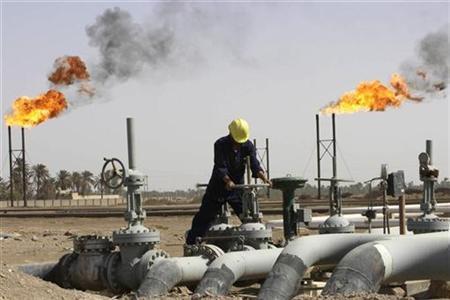WASHINGTON — The US Federal Reserve (Fed) on Tuesday adopted tight new rules for foreign banks to shield the US taxpayer from costly bailouts, ceding only minor concessions despite pressure from abroad to weaken the rule.
Foreign banks with sizeable operations on Wall Street such as Deutsche Bank and Barclays had pushed back hard against the plan because it means they will need to transfer costly capital from Europe.
The Fed, which oversees foreign banks, gave them a year longer to meet the standards, and applied it to fewer banks than in a first draft, but the rule was largely unchanged from when it was first proposed in December 2012.
“The most important contribution we can make to the global financial system is to ensure the stability of the US financial system,” Fed Governor Dan Tarullo, in charge of financial regulation, said in a speech at a board meeting at which the Fed unanimously adopted the rule.
The reform is designed to address concerns that US taxpayers will need to foot the bill if European and Asian regulators treat US subsidiaries with low priority when rescuing one of their banks.
The largest foreign banks, with $50 billion or more in US assets, will need to set up an intermediate holding company subject to the same capital, risk management and liquidity standards as US banks, the Fed said.
The Fed broke with its tradition of relying on regulators abroad in overseeing foreign banks after the 2008 financial crisis, during which it extended hundreds of billions of dollars in emergency loans to overseas banks.
“[The rule reduces] the likelihood that a banking organisation that comes under stress in multiple jurisdictions will be required to choose which of its operations to support,” Fed staff said in a document.
Discriminatory measures
Europe has warned of tit-for-tat action, with European Union Financial Services Commissioner Michel Barnier saying in October that the bloc would draw up similar measures if the Fed pushed ahead with its plans.
“It’s too early to give a detailed response,” Barnier said in an e-mailed statement. “In any case, we can certainly not accept discriminatory measures that would treat European banks less favourably than American banks.”
The Fed estimated that between 15 and 20 foreign banks will need to set up an intermediate holding company after the cutoff was raised to $50 billion of assets in the United States, from $10 billion in the proposed rule.
The Fed also gave foreign banks a year longer to meet the requirement to set up the new structure, with the new deadline set as July 1, 2016. Both changes had been widely expected in the market.
The new structure gives banks less flexibility to move money around than under the current rules, which let banks use capital legally allocated in their homecountry.
The Fed has taken a tougher stance than others on some of its bank capital rules. It has, for instance, proposed a leverage ratio — a hard cap on borrowing — of 6 per cent of assets, well above the 3 per cent global requirement.
Foreign banks acknowledged the slight softening of the rule, but said they remained unhappy.
“We continue to have a fundamental disagreement with the Fed about the appropriateness and necessity of applying an extra layer of US bank capital requirements,” said Sally Miller, head of the Institute of International Bankers.
The rule also subjects foreign banks with global assets of $10 billion or more to annual health checks known as stress tests that rely on home-country standards. Only the largest banks will also have to run US stress tests.
All in all, some 100 foreign banks will be subject to all or part of the rules, depending on their size. Many of the risk- management and liquidity standards adopted by the Fed at the meeting are also valid for US banks.
The Fed will closely watch how banks change their strategy on account of the new rules to avoid any risky activity popping up elsewhere in the business, staff said during the board meeting.
Foreign banks will still be allowed to hold US branches, which unlike full US subsidiaries are part of the parent company, and are not subject to the rules. But most risky activities are not allowed for branches.
“Certainly you’re going to have the institutions analyse their business strategy within the US... [but] you’re not going to be able to just shift assets wholesale from the [holding company] to a branch,” said Irena Gecas-McCarthy, a regulatory consultant at Deloitte & Touche.
















